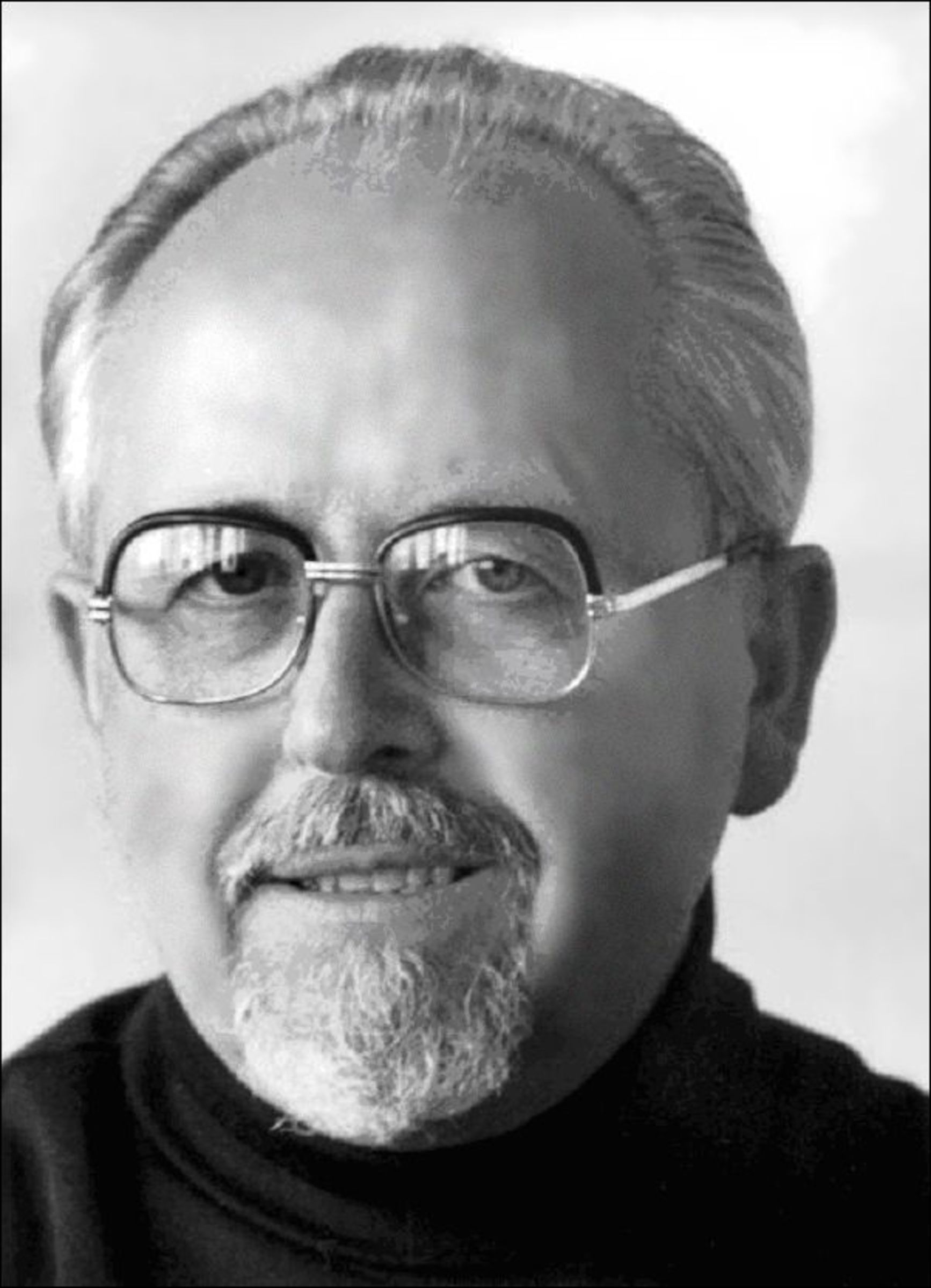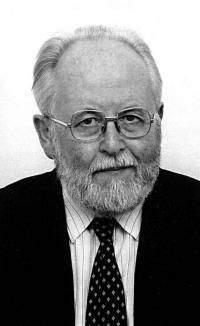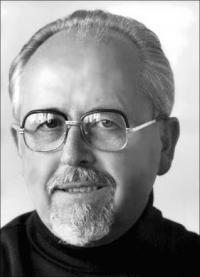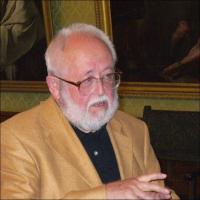We need to accept our history, including its dark times

Stáhnout obrázek
Luboš Sluka was born September 13, 1928 in Opočno. His father was a book printer and bookseller. Before the beginning of WWII, he contracted tuberculosis and he thus had to interrupt his studies at grammar school and instead he learnt the printer‘s trade. From 1944 he worked in the family business and after his father‘s death in 1948 he took over the management of the business. After the communist coup d‘état in February 1948 the printing shop became confiscated by the state. Luboš Sluka was admitted to study at the conservatory in 1950. He also won a scholarship for study at the conservatory in Paris, but he was not allowed to go study there. He completed his four-year study in Prague by graduation from percussion instruments, conducting and composition. He was subsequently admitted to the Academy of Performing Arts (AMU) in Prague, from which he graduated in 1959. Shortly after graduation he cooperated with the Czechoslovak Television as a composer and he composed music for films as well. In 1963 he began working in the recently established publishing company Panton as an editor for classical music. Later he became the editor-in-chief and he prepared for publishing a number of authors who were inconvenient for the political regime, such as B. Martinů, M. Kabeláč, Songs of Jan Masaryk, or LP disc and song-book of Karel Kryl. These activities were perceived very negatively during the normalization era, and when Luboš refused to join the Communist Party in 1976, he eventually became fired from the publishing company. After the Velvet Revolution he actively participated on the restoration of the association of composers in the Association of Music Artists and Academicians, and later he even became the chairman of AHUV. In later years he also served as the chairman of the managing board of the Smetana‘s Litomyšl International Festival.


